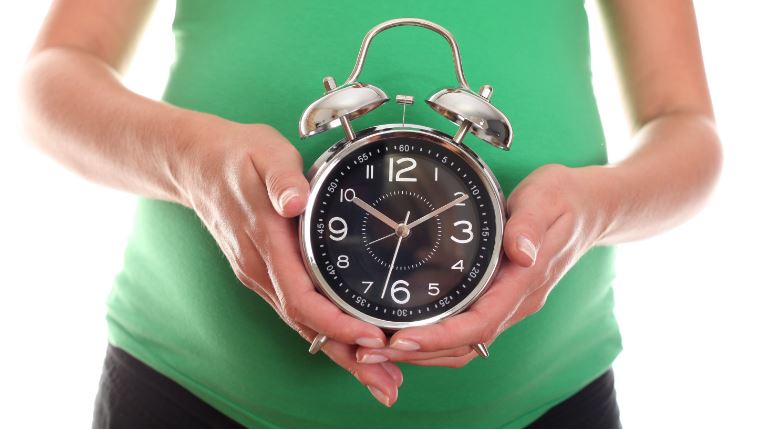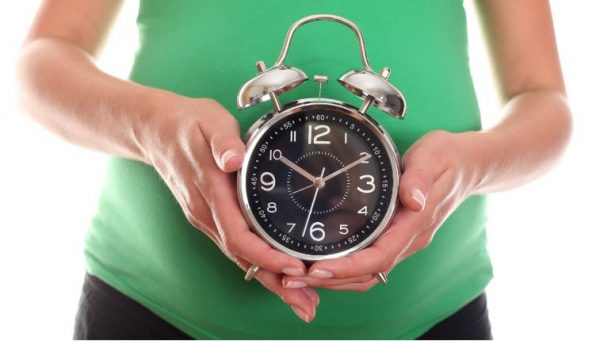There are many reasons why a woman may be having her first baby in her mid or late thirties. Many women would rather have children after marriage, and the wedding bells don’t always ring when we’d like. Others try to conceive for years and it doesn’t happen until later, due to fertility issues (their own or their partner’s).
Whatever the reason may be, the fact remains that a woman may find herself still trying to conceive later than desired, and there are certain things she should keep in mind so as to better understand what’s going on, what her options are, and how she can make the best of it all. The point is not to panic or feel pressured, but to be informed. Here are just a few:
- The ticking biological clock is not a myth. Women are born with all the eggs they’re ever going to have, and they are released monthly. When a woman runs out of her supply, she hits menopause as oestrogen production ceases.
- You and your partner need to have been having regular unprotected sexual intercourse for one year (six months if you’re over 35) without conception before you can be considered infertile medically; you should go see a gynaecologist at this point. In case you’re wondering what “regular sexual intercourse” is, last year I was at a seminar where a fertility specialist defined it as 3 to 4 times a week. It was nice to finally know.
- There are many causes of infertility, so resist the temptation to self-medicate. It’s not all about popping Clomid every month. When you know exactly what you are dealing with, you get the appropriate treatment and conceive faster instead of wasting your time. Remember the first point on this list.
- Sometimes all you need to do is lose weight. Being overweight or obese reduces your overall chances of getting pregnant. I know someone who went in for fertility treatments and was told she had to come down to a particular weight before treatment could commence. The amazing part is that as soon as she lost the weight she conceived — without having to undergo the treatment.
- It’s not always your fault. There are so many things that can make a man infertile regardless of his sexual prowess, so the earlier you BOTH get checked, the better your chances of conceiving. When I say so many things, I mean sperm with big head, sperm with small head, sperm with two heads, sperm with long neck, semen without sperm, semen with too little sperm, semen with sperm but they’re not swimming, just jerking in one place… Time is of the essence. See your gynaecologist/fertility specialist TOGETHER.
- There are health risks associated with having a child at a later age including Down’s Syndrome and premature birth, and a greater likelihood of high-risk pregnancy, high blood pressure, miscarriage, and other complications. Ask your doctor how you can take care of yourself and reduce the chances of these happening. If you’re spiritually inclined, open your mouth and activate its power.
- Prepare yourself for a smaller family. Because of your age, you may not be able to have as many children as you would have liked, either due to conception challenges, or maternal mortality risks.
The facts show that fertility decreases with age and the risk of complications increases, but thanks to the advances in medical science and technology, more women are having children in their late thirties and even forties. A cousin-in-law had her first child a few months before she turned 50, via IVF. You may even find yourself enjoying parenthood as more mature, calmer and wiser adults, and your child will always know how badly he was wanted.
Still, if the choice is yours, it’s advisable you choose to have your children sooner rather than later. Deliberately delaying childbearing may not prove worth it.


